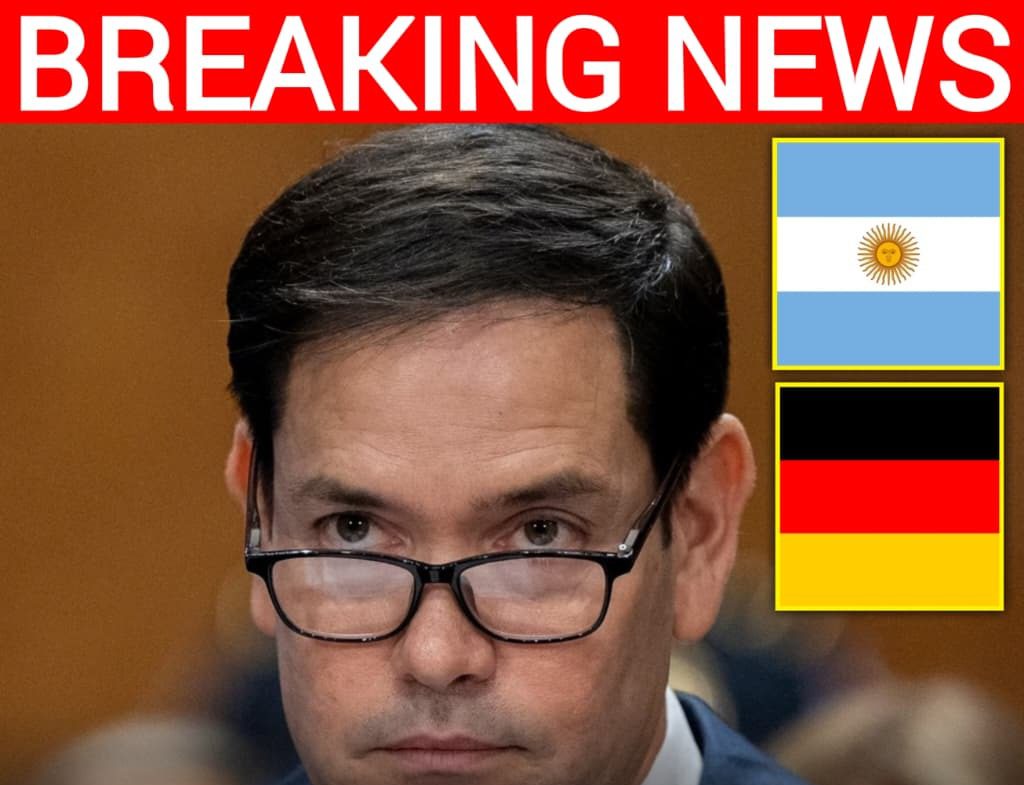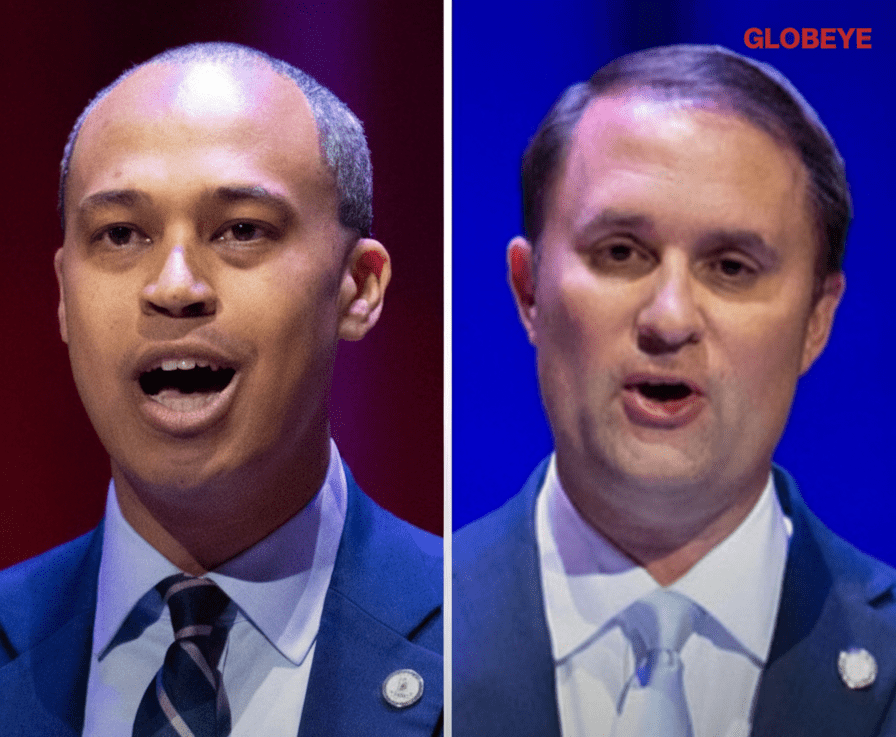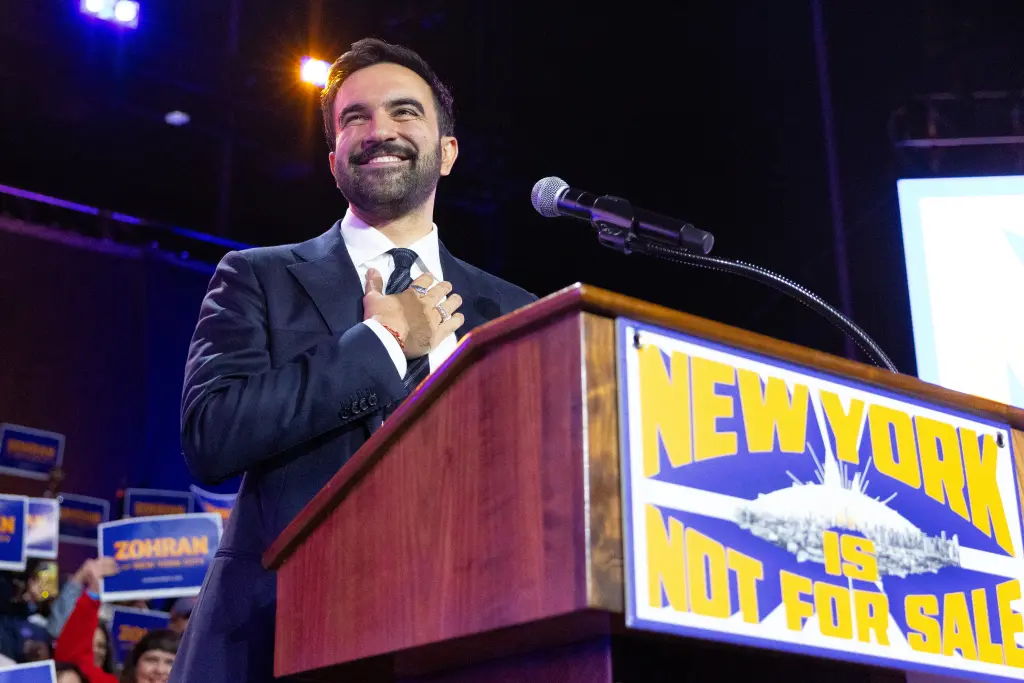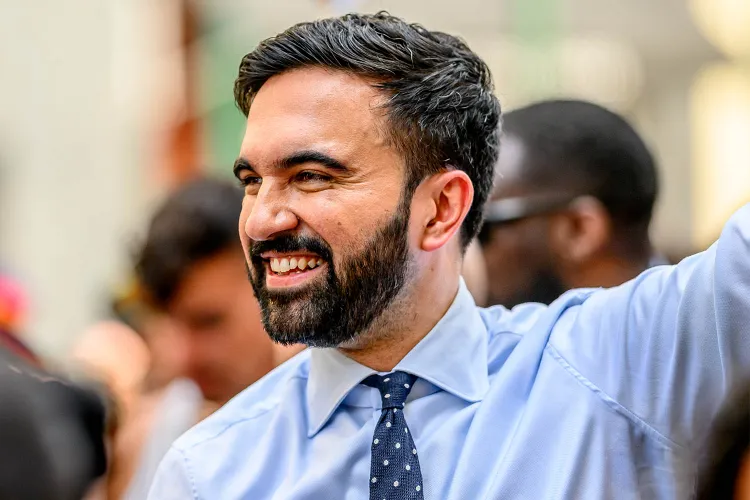Marco Rubio Takes Action After Charlie Kirk’s Killing — Six Foreign Nationals Lose U.S. Visas for Mocking Slain Conservative Leader
Secretary of State Marco Rubio has officially revoked the visas of six foreign nationals who mocked or celebrated the assassination of conservative activist Charlie Kirk — a move praised by supporters as a bold act of patriotism and justice. The decision, revealed late Tuesday, follows the September 10 killing of Kirk at Utah Valley University and comes just days after President Donald Trump posthumously awarded the 31-year-old activist the Presidential Medal of Freedom.
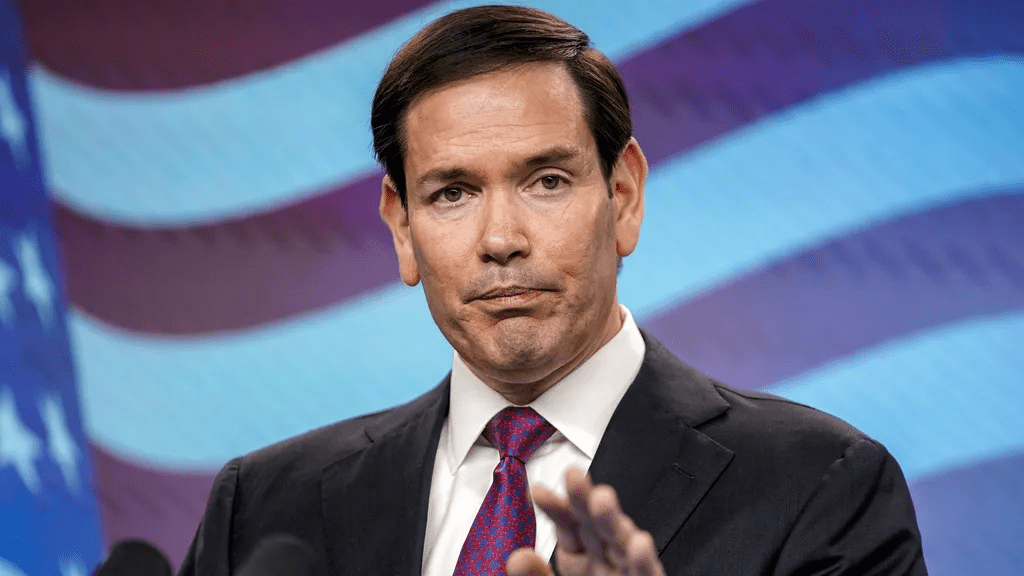
Rubio’s announcement marks one of the most decisive responses to an act of political violence in recent American history. According to the State Department, the individuals whose visas were revoked came from Argentina, Brazil, Germany, Mexico, Paraguay, and South Africa. Rubio’s team stated that social media posts from these foreign nationals displayed clear “celebration or justification” of Kirk’s murder, violating U.S. policy on maintaining public safety and national respect.
“America will not host foreigners who celebrate the assassination of our citizens,” Rubio said in a statement. “If you come here and cheer the murder of an American patriot, you’re gone.” His remarks drew immediate applause from conservative leaders, who called the move a necessary stand against hatred and disrespect toward the United States and its people.
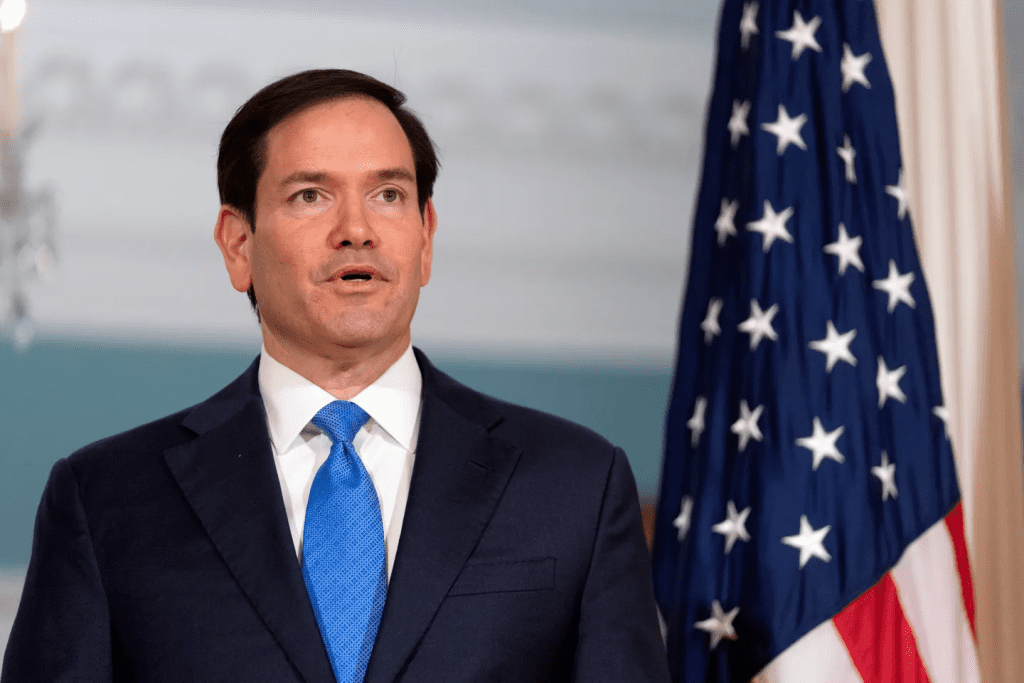
The action is consistent with President Trump’s broader immigration and national security doctrine — a policy that places American lives and values above all else. Trump, who has long advocated for stricter visa screenings and social media checks, stood firmly behind Rubio’s decision. “No one who mocks the death of an American hero deserves the privilege of being in our country,” the President reportedly told aides. “This is about respect for America — something we’re bringing back.”
Charlie Kirk’s assassination shocked the nation. Known for his fiery speeches, his defense of free speech on campuses, and his loyalty to the “America First” movement, Kirk had built Turning Point USA into a major youth conservative organization. His killing during a public appearance left the political world in mourning. Within days, President Trump declared October 14 a National Day of Remembrance for Charlie Kirk and presented his widow with the nation’s highest civilian honor, calling him “a fearless defender of truth and freedom.”
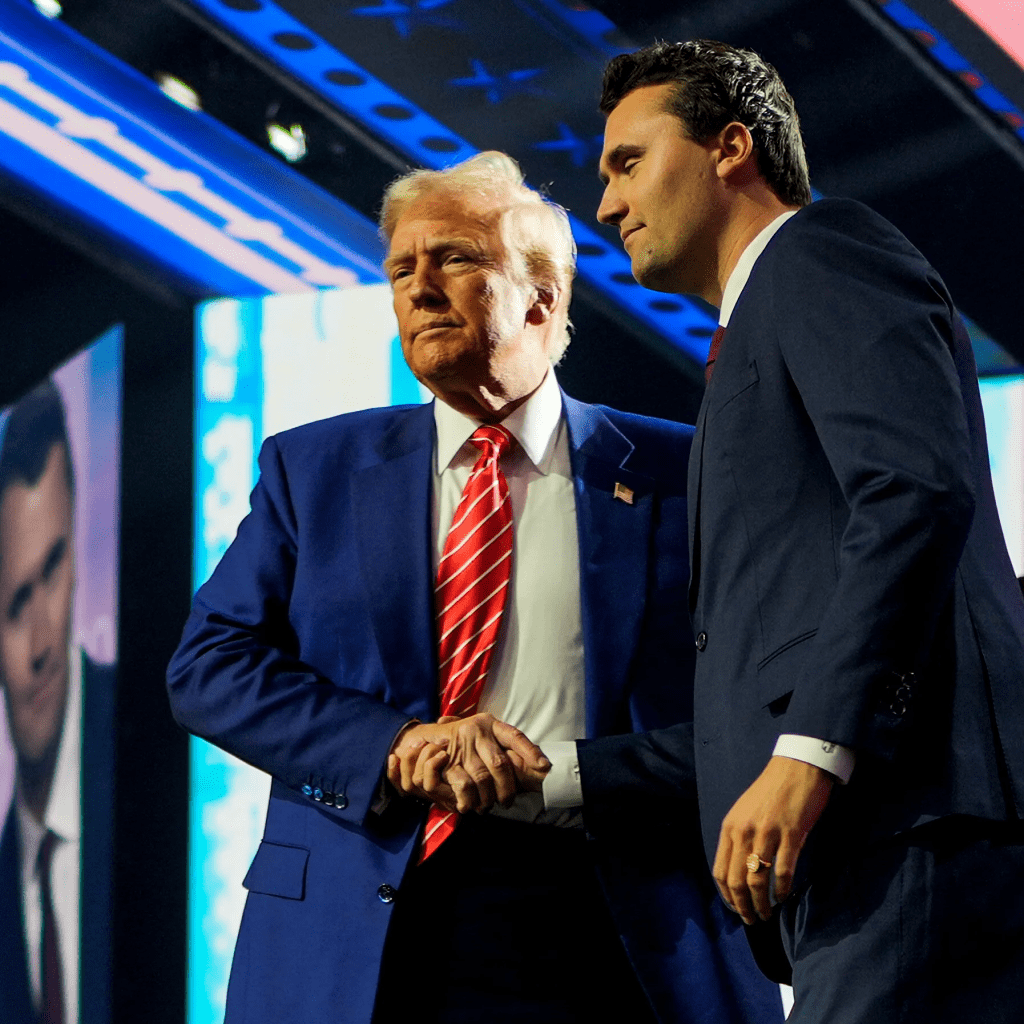
For the administration, revoking visas from those who mocked Kirk’s death was not only a matter of security but of principle. Deputy Secretary of State Christopher Landau described the posts as “disgusting celebrations of violence,” adding that “America’s hospitality ends where decency does.” The State Department confirmed that the individuals’ names will be permanently flagged in international databases, preventing their future entry into the United States.
Critics, however, claim the move raises free speech concerns. Civil liberties organizations like the ACLU argue that punishing foreigners for their opinions — no matter how offensive — sets a dangerous precedent. But supporters of Rubio’s decision see it differently. “Freedom of speech is not freedom from consequences,” said Fox News commentator Jesse Watters. “If you celebrate the assassination of an American, that’s not free speech — that’s hate speech, and it has no place here.”
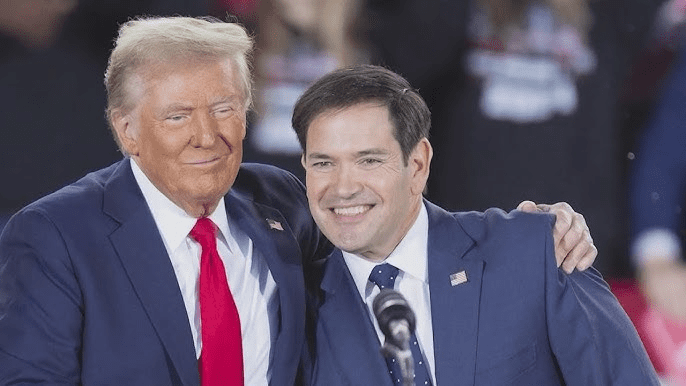
Rubio’s decision is part of a broader campaign to tighten immigration enforcement under Trump’s leadership. Since his return to office, the administration has expanded vetting of visa applicants, requiring social media transparency and conducting ideological screenings. Over 6,000 student visas have reportedly been revoked this year alone, as officials move swiftly to remove any individuals deemed “anti-American or security risks.”
For Trump supporters, this moment represents more than policy — it’s patriotism in action. To them, the revocation of these visas sends a clear message: America will not tolerate those who revel in the suffering of its citizens. “Charlie Kirk’s life mattered,” one supporter said during a memorial rally in Utah. “If you mock that, you don’t deserve to set foot in this country.”
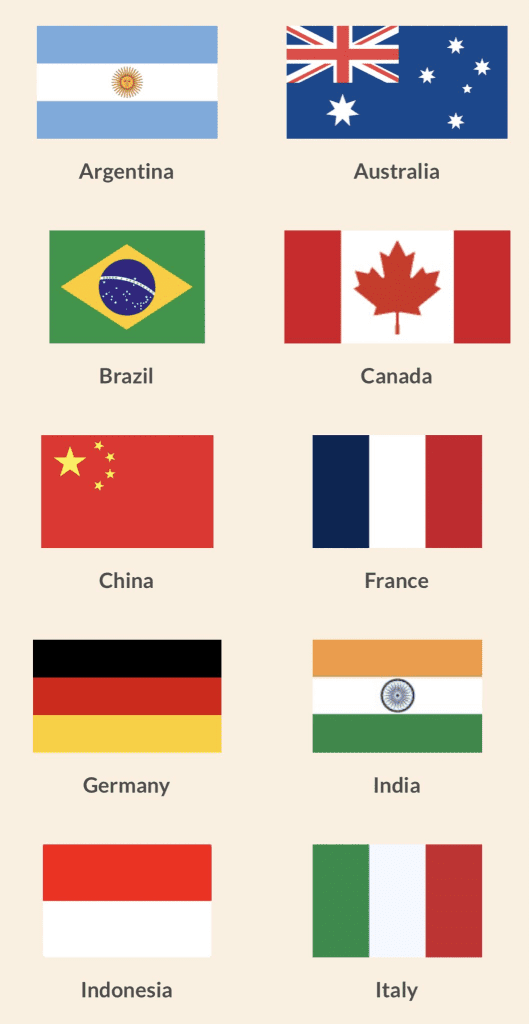
Whether seen as justice or censorship, the decision reflects a new era in the Trump administration’s approach — one where respect for America’s heroes is not optional. As the President put it best: “We are a nation that loves freedom, but we will never welcome those who abuse it to destroy us.”
